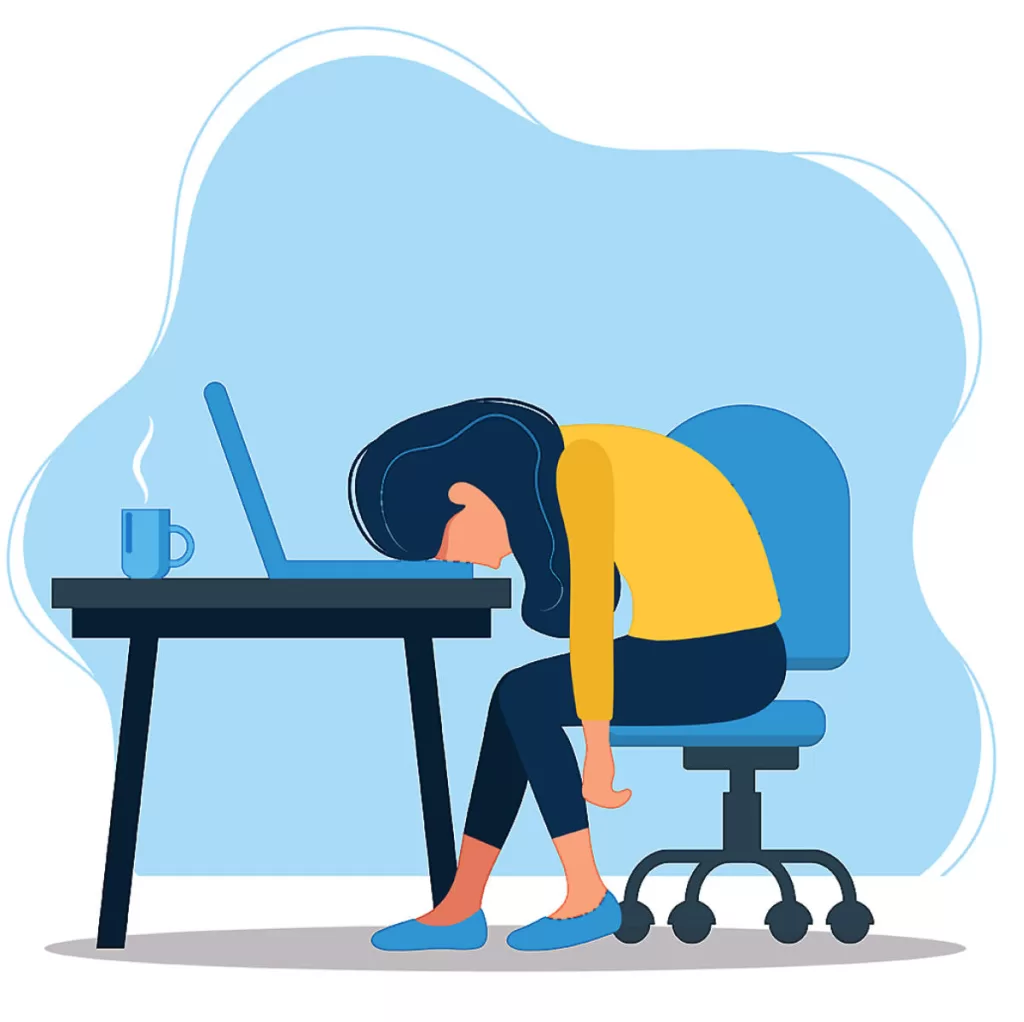Mental Depression

Overview
A mental health disorder characterized by persistently depressed mood or loss of interest in activities, causing significant impairment in daily life. It may be described as feelings of sadness, loss, or anger. Globally, more than 264 million people of all ages suffer from depression. More women are affected by depression than men. Depression can lead to suicide.
The social and physical isolation measures that are critically needed to reduce the spread of the virus are taking a toll on the physical and mental health of many of us. It is critical to increase awareness of the impact of social (and physical) isolation on the mental health.
Symptoms
- Loss of interest
- Loss of appetite OR Overeating
- Hopeless Outlook
- Increase Fatigue
- Sleeplessness OR early morning awakening OR Sleepiness
- Anxiety
- Mood Swings OR uncontrollable emotions
- Sadness, Suicidal Thoughts OR attempts
- Feelings of guilt, worthlessness, and helplessness
Causes
Depression has been linked to problems or imbalances in the brain, specifically with the neurotransmitters serotonin, norepinephrine, and dopamine. The neurotransmitter serotonin is involved in controlling many important bodily functions, including sleep, aggression, eating, sexual behavior, and mood. Norepinephrine helps our bodies to recognize and respond to stressful situations. Dopamine plays an important role in controlling our drive to seek out rewards, as well as our ability to obtain a sense of pleasure. Imbalance of these neurotransmitters can be caused by following factors :
- Death OR loss of A loved one.
- Genetics
- personal conflicts or disputes with family members or friends.
- Physical, sexual, or emotional abuse can increase the vulnerability to clinical depression later in life.
- Stressful life events
- Substance abuse
- Serious illness
- Certain medications can increase your risk of depression.
Prevention & Management
- Changes in Lifestyle can help you to improve your mood, help your recovery, and stay healthy. It can also have a big effect on your mood.
- Getting enough sleep, eating well, Regular exercise benefit you with a positive boost in mood and lower rates of depression.
- Find ways to handle stress and improve your self-esteem.
- Reach out to family and friends when times get hard.
- social support and psychological therapy by a mental health professional are important treatments for depression.
- Care Towards Cure healers counsel you to get out of Depression.
- Homeopathy Medicines can help you to treat Mental Imbalance.
- Get help if you think you’re depressed. If you wait, it could get worse.
- Take the time to find the treatment that’s right for you.
